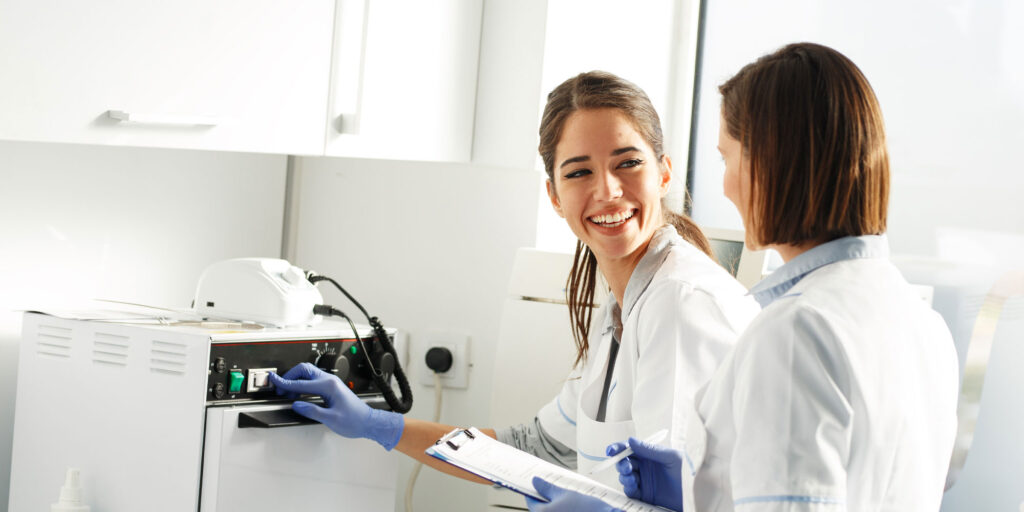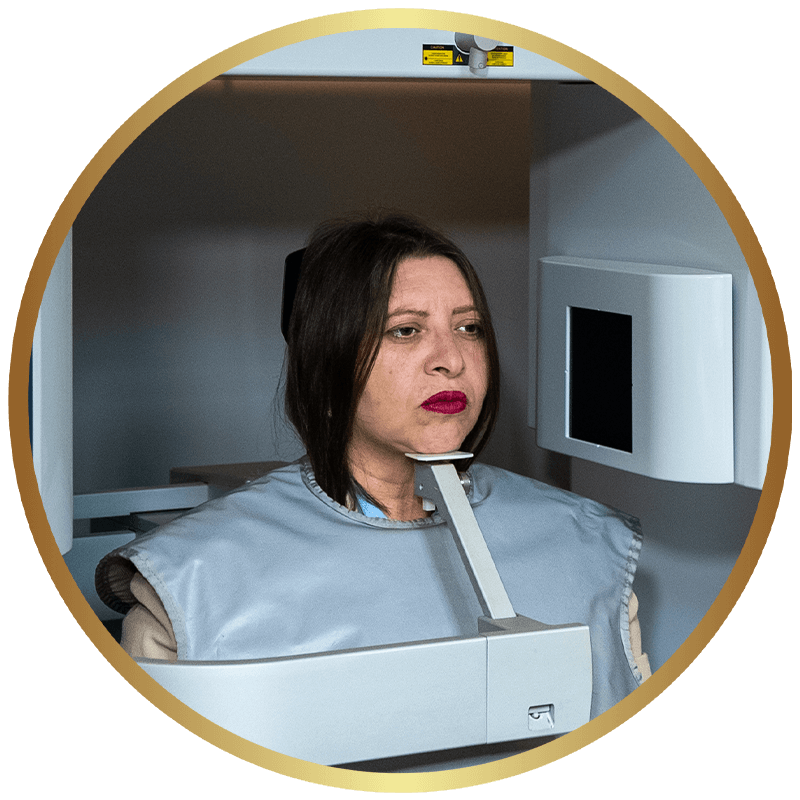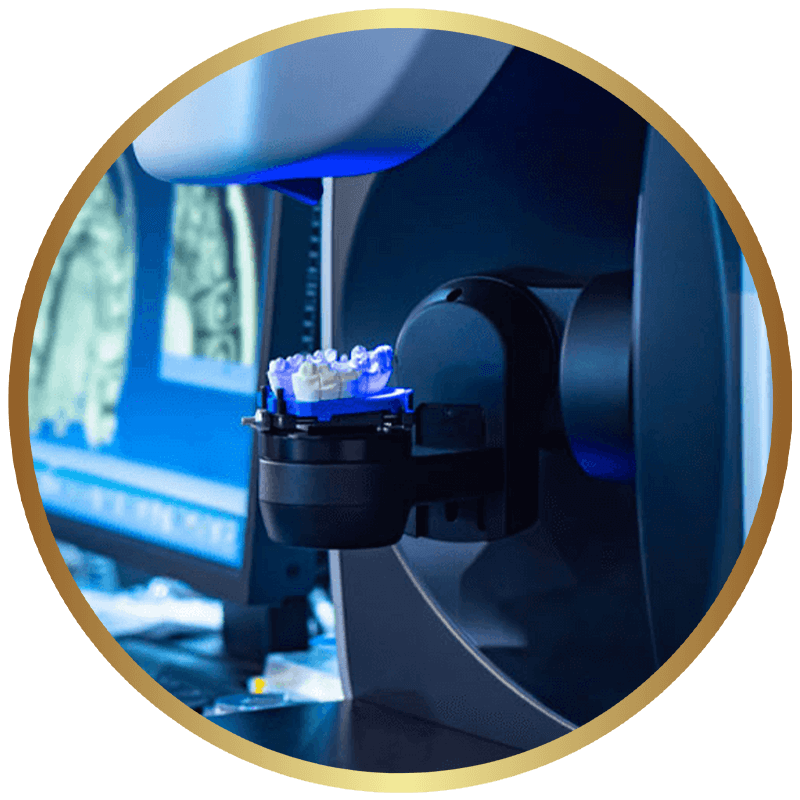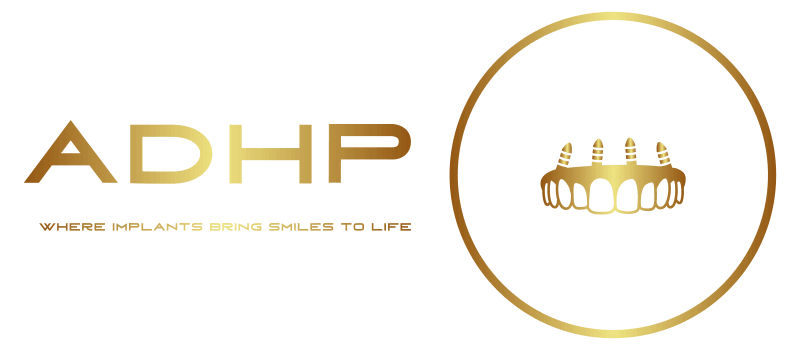

At American Dental Health Providers, we use the latest and most advanced technology to ensure the highest precision and accuracy in our procedures. From detailed digital diagnostics to guided dental implant surgery, our practice includes an array of advanced technological solutions to ensure you get the best possible experience on every visit.
Our state-of-the-art equipment, including 3D cone-beam CT scanners and digital treatment planning software, allows us to plan and execute each dental implant placement meticulously. This cutting-edge technology enhances the precision of our surgeries and improves patient outcomes by minimizing discomfort and reducing recovery times. By staying at the forefront of dental innovation, we are committed to providing our patients with the most effective and efficient treatment options.
Living with dental problems can affect one's ability to eat and speak, as well as their mental well-being and self-confidence.


Cone Beam Computed Tomography (CBCT) is a special type of X-ray that provides 3D images of your teeth, soft tissues, nerve pathways, and bone. This advanced imaging helps us diagnose issues more accurately and plan treatments more precisely.
CBCT scans are essential to our full mouth dental implant lab. They allow us to take detailed measurements of your bone volume and identify the ideal placement to ensure your implants last a lifetime.

Our 3D printer allows us to create detailed dental models and custom dental restorations quickly and accurately. From crowns and bridges to dentures and aligners, the 3D printer makes it possible to deliver high-quality, perfectly fitting dental solutions in less time.
This technology is another cornerstone of our full mouth dental implant lab. It enables us to deliver an immediate prosthesis, so you won’t have to live another day without a complete set of teeth. It also helps us streamline the process for many types of treatments and reduce excess costs.
I understand the information disclosed in this form may be subject to re-disclosure and may no longer be protected by HIPAA privacy regulations and the HITECH Act.
